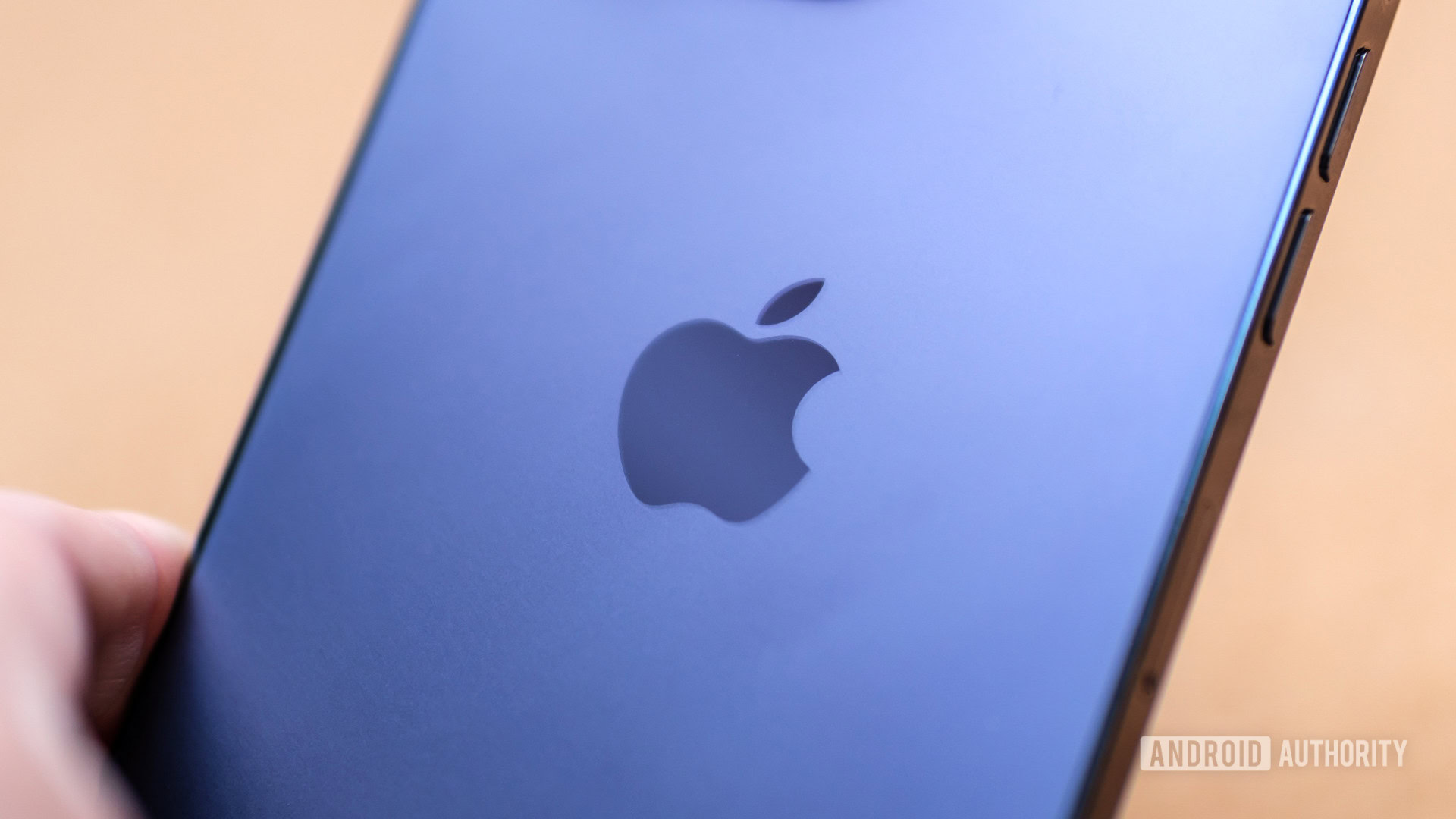Affiliate links on Android Authority may earn us a commission. Learn more.
Here's Apple's reason why sideloading isn't coming to other countries

- Apple has revealed why it’s restricting the ability to sideload apps on iOS to the European Union.
- The company claimed that this was due to concerns about malware and other unsavory content.
Apple has just revealed a variety of changes to iOS and the App Store in the European Union (EU) to comply with new regulations. The changes include the ability for EU users to sideload apps on iOS, but this functionality isn’t coming to the rest of the world.
Now, Apple has taken to its developer website to reveal why users outside the EU won’t be able to sideload apps on their iPhones and iPads.
Unsurprisingly, the Cupertino company says this is due to security concerns:
Apple is not offering these changes outside of the EU because this is not the safest system for our users. We’ve been very clear about new threats the DMA introduces — including increased risks for malware, fraud and scams, illicit and objectionable content, and reduced ability for Apple to respond to and remove malicious apps.
Apple also claimed that sideloading requires new technologies and processes that are “untested and may require further development.”
Do you think Apple should allow sideloading outside the EU?
One of these technologies implemented by Apple is so-called app notarization, as it effectively reviews apps for malware and other concerns. Apple will also require third-party app stores to be authorized.
Nevertheless, it’s still disappointing to see Apple restricting the sideloading of apps to the EU right now. We hope the company brings sideloading to other regions soon but, if it’s anything like third-party billing, we’re guessing Apple will only expand the feature once it receives legal pressure in these markets.
It’s also worth noting that Apple’s own MacBook computers support the installation of apps from third-party sources via a simple toggle. So sideloading isn’t a completely untested field for the Cupertino company. But we’re curious to see what effect, if any, these EU changes will have on iPhone security.